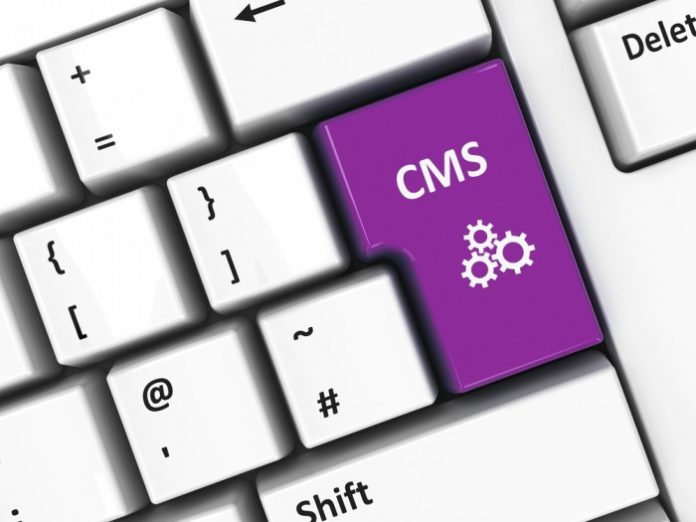Technology innovation and integration have changed the ecommerce industry significantly over the last few years. These concepts have made the online buying and selling processes much easier. Surprisingly, many online store owners consider Magento Migration. It was recognized as the top CMS platform by Gartner Inc. in the 2017 Magic Quadrant for Digital Commerce.
Over the last couple of years, the ecommerce market has been growing at a record pace. In 2017, approximately 1.66 billion shoppers globally purchased goods online. Additionally, worldwide e-retail sales amounted to 2.3 trillion dollars, and forecasts reveal that by 2021, the e-retail store sales will hit $4.8 trillion, according to Statista.
Mobile shopping has been on the rise with shoppers increasingly using various mobile devices for different shopping activities. A study carried out in March 2016 revealed that 28% of internet users in North America and 46% of web users in Asia-Pacific region had bought products online using a mobile device. During a 2016 survey by Statista, 11% of online shoppers said that they always shop using a mobile device.
All these numbers point to one thing: The ecommerce industry will continue to grow over the next couple of years as more entrepreneurs set up e-retails and more shoppers turn to desktops and mobile devices to get what they need online. Thus, the choice of a great CMS for your online store is a crucial decision to make. Unfortunately, the number of ecommerce platforms has been increasing over the years, and that makes it challenging for most people to figure out the right ecommerce platform.
This write-up is intended to simplify the process of choosing a CMS that best suits your needs.
Find what works for you
Each CMS for an online store has both benefits and limitations. Thus, the best approach to finding a platform that suits your needs is to check different platforms, compare them, and try out demos to understand how different platforms work. Some of the popular CMS platforms include:
- Magento
- WordPress
- WooCommerce
- Joomla
- PrestaShop
Most proprietary vendors will allow you to try their platforms with no obligation to purchase. Remember, you will be spending a lot of time on the platform you choose. It’s well worth the time and effort to check different platforms and choose one with your preferred features. Some of these features include:
- Mobile-friendly: The platform should look good on smartphones and tablets as well as on desktops. It should be easy to use.
- Language support: If you intend to expand your online store internationally at some point, choose a platform that will allow a smooth transition.
- Versioning: Pick a system that saves an earlier version of content. That makes it easier for you to undo any accidental change.
- User management and privileges: Over time, your business may grow and you may need several people to work on your ecommerce store. Choose a platform that allows you to set different permissions for various users.
- Backup: Before you pay for any turnkey solution that includes web hosting, ensure that there is a robust backup policy in place. If you intend to use a self-hosted platform, consider setting up an automatic backup in your hosting control dashboard.
- Creating and modifying content: Does the platform allow you to create and edit content to enhance user experience?
- Website load speed: A website with lots of content is likely to take longer to load. However, such issues can be alleviated using different caching technology.
- Video: Choose a platform that allows you to add videos to the product pages.
- Search engine optimization: Opt for a platform that allows you to perform all on-page SEO activities such as adding titles and descriptions, editing URLs and more.
- Payments, returns, client database and more: In addition to good order management features, find out if the platform has integrated solutions for different day-to-day ecommerce activities.
Other features that you should check for include:
- How easy it is to customize the ecommerce store
- If it’s possible to integrate the website with a Google Analytics tracking code
- The safety of your website
- Prices and possible discounts
Not all online stores are created the same way. Depending on how you want to display your products and content, product range, and your future growth strategies, you can choose a great CMS platform that offers many advantages and suits all your needs. Remember to choose a platform with all the important features discussed above.
Find a Home-Based Business to Start-Up >>> Hundreds of Business Listings.















































